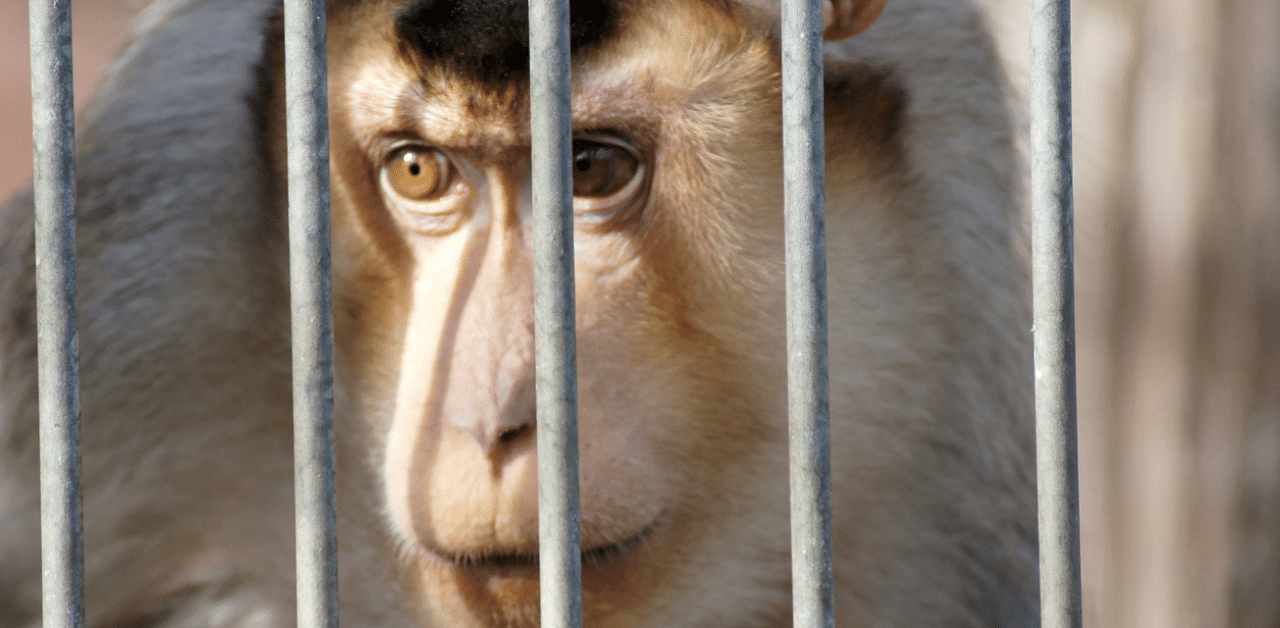
Nasa put down 26 monkeys in its research center in one day last year instead of transferring them to a sanctuary, according to documents reviewed by The Guardian, a move which has left animal rights activists across the globe seething.
As per documents released under the freedom of information laws, 27 primates held by Nasa were euthanised on February 2, 2019, at the Ames Research Center in Silicon Valley, California. The document states that the monkeys were old and 21 of them suffered from Parkinson’s disease.
US House Representative Kathleen Rice wrote to Nasa’s administrator Jim Bridenstine regarding the deaths. “I look forward to an explanation from Bridenstine on why these animals were forced to waste away in captivity and be euthanised rather than live out their lives in a sanctuary,” Rice is quoted as saying by the Guardian.
These monkeys were housed at the Ames facility under the care of Nasa and a research entity named LifeSource BioMedical. The research facility took these monkeys on years ago when a suitable sanctuary could not be found due to their age, Stephanie Solis, the CEO of LifeSource BioMedical said.
“We agreed to accept the animals, acting as a sanctuary and providing all care at our own cost, until their advanced age and declining health resulted in a decision to humanely euthanise to avoid the poor quality of life,” Solis told The Guardian. She went on to clarify that no research was conducted on the monkeys when they were in the Ames facility.
John Gluck, an animal ethics expert at the University of New Mexico, condemned the incident. He said that they were suffering from “ethological deprivations and frustrations inherent in laboratory life”. He added that these primates were not deemed “worthy of a chance at a sanctuary life” and said it was “disposal instead of the expression of simple decency”.
Nasa has a history of using primates for their projects and research. A chimpanzee named Ham was the first great ape to be sent to space in 1961. But in recent years, the federal space agency has reduced usage of primates for research purposes, due to a landmark decision of the National Institute of Health to retire all chimpanzees in medical studies. But other labs continue to use them, as they reportedly are the best to study diseases that impact humans.